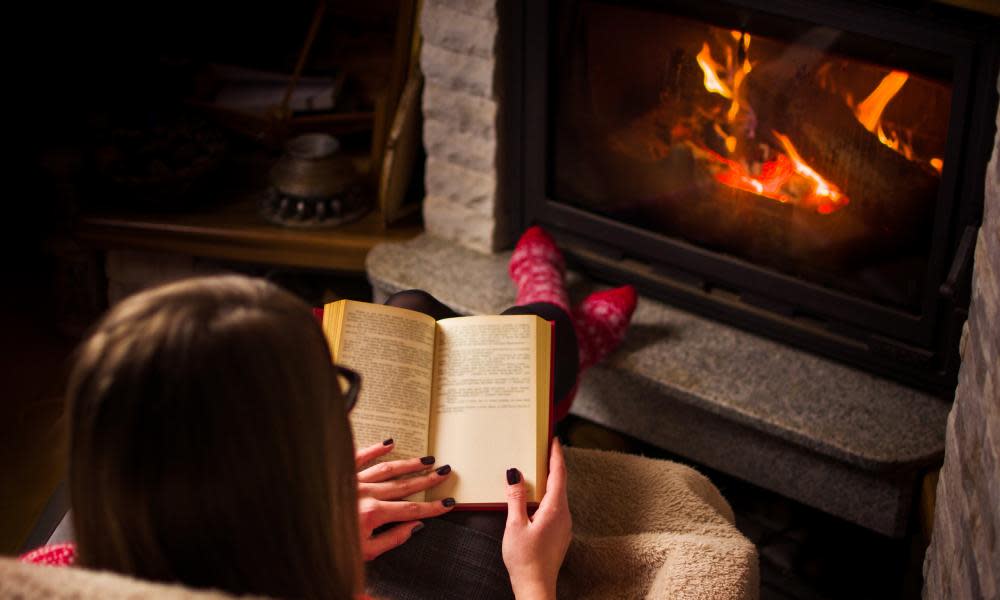The Guardian view on books at Christmas: ’tis the season to be reading | Editorial

The gift of reading is often a literal one at this time of year. Bookshops are full of titles that are a pleasure to look at and to own: shinily illustrated cookery and nature books, novelty titles destined for stockings and shiny parcels, children’s picture books, all the bestselling and critical hits of the past 12 months. Designers and illustrators as well as writers, editors, publishers and booksellers can take credit for the fact that books have held up better than expected since Amazon launched its Kindle in the UK almost a decade ago. E-readers may even have spurred the industry into producing more enticing and attractive titles. Perhaps surprisingly, younger people have also been drawn to print – although publishing remains a tough business, hard for new authors to break into and established ones to survive in.
Summer holidays are traditionally the time to escape with a fat thriller, classic novel or hefty biography that will grab the attention and help while away enjoyable hours in the sun. Long, dark evenings are a good time to tuck oneself up with a book, and people usually chained to their smartphones may find an extended break from work – and screens – offers a pause for reflection and the opportunity to delve deeper or roam wider. Those in need of a prompt could find Jaron Lanier’s Ten Arguments for Deleting Your Social Media Accounts Right Now, an acerbic attack on the industry he helped build, particularly useful.
But Christmas holidays are usually shorter and reading time over this period is often more constrained. As the holiday approaches, many will be busy with errands and celebrations. And at a convivial time, when others are sitting down to TV specials or boardgames, the solitary pleasure of reading can seem almost antisocial – though not if stories are read aloud or listened to as audio books.
Not everyone can or wishes to spend Christmas with family. For the lonely, books offer immense solace. For others, they can offer a welcome escape from gatherings that can seem exhausting and difficult rather than happy and entertaining. Literary accounts of forced jollity and household tensions may even help them to vent any tensions. And even those who enjoy full houses, rowdy dinners and squabbles over the Quality Street tin may find themselves refreshed by a periodic escape into a novel, enlivened by a work on science or revived by a dip into poetry (perhaps Danez Smith’s urgent, angry second collection Don’t Call Us Dead).
Books do not need bright illustrations or light-hearted themes to provide relief. Some readers will hope to make sense of troubled times with one of the slew of books on the crisis of democracy, such as Nervous States: How Feeling Took Over the World by sociologist William Davies. Others will engage in fond nostalgia as they read Michelle Obama’s sharp and likeable memoir Becoming. Anna Burns’s atmospheric novel Milkman, set in an unnamed city but drawing heavily on the author’s experience growing up in Belfast during the Troubles, is engrossing and at times very funny despite the offputting remarks of the chair of the judges who awarded her the Booker prize in October.
Those looking for a present for booklovers might turn to Lucy Mangan’s Bookworm or Robert Macfarlane’s The Gifts of Reading. Others may seek to encourage young readers with BookTrust’s scheme to send books to a child in care. Books can enlarge our sympathy, broaden our perspective and calm our frazzled senses. In this sense, even a book you buy for yourself can also be a gift to others.

 Yahoo News
Yahoo News 
